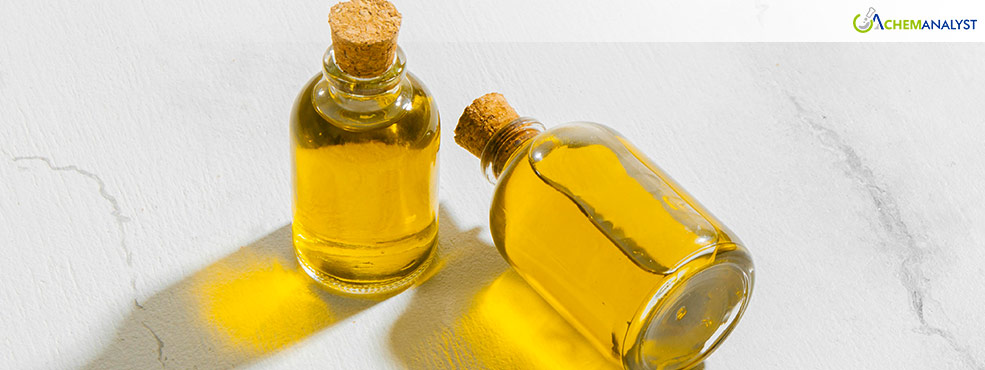Welcome To ChemAnalyst

The Indian oleochemical sector is grappling with significant challenges as prices of oleic acid have surged in the market. This increase is exacerbated by a sharp rise in imports of key finished products like oleic acid and refined glycerine, particularly from Malaysia, Indonesia, and Thailand. The influx of these finished oleochemicals, which enter the Indian market with little to no import duty, has severely impacted local manufacturers. Imported products, priced lower than their locally produced counterparts, make it increasingly difficult for Indian producers to compete.
One of the key drivers behind the recent price hike in oleic acid is the increase in the cost of raw materials, particularly palm oil. Palm oil, a major feedstock in the production of oleochemicals, has seen significant price hikes, reshaping market dynamics in the Asia-Pacific (APAC) region. Malaysian palm oil prices, in particular, have risen sharply, affecting trade flows and market sentiment across the region, with India feeling the effects most acutely.
India’s recent decision to increase import duties on crude palm oil by 20 percentage points, bringing the total duty to 27.5%, has caused further disruption. The higher duties led to the cancellation of palm oil orders scheduled for October to December 2024. This volume accounts for around 13.3% of India’s monthly palm oil imports. As a result, refiners now find it more profitable to cancel old purchases rather than continue processing palm oil at higher costs, contributing to a ripple effect across the market.
With the rising prices of palm oil, refiners across the APAC region are increasingly turning to alternatives like soybean and sunflower oil. Palm oil, which usually commands a pricing advantage over soybean oil, has recently reached a rare premium over soy oil, encouraging this shift. This trend is expected to continue into the winter months when palm oil imports traditionally slow due to solidification at lower temperatures, further straining the supply of palm-based oleochemicals like oleic acid.
The long-term impact of these market shifts remains uncertain, but the rising import volumes and price pressures highlight the vulnerability of the Indian oleochemical sector to both global price shifts and domestic policy decisions. Malaysia and Indonesia, two of the largest producers of palm oil, continue to wield significant influence over pricing and trade patterns in the APAC region.
The surge in low-cost imports of finished Oleochemicals, combined with rising raw material costs, has led Indian oleochemical producers to call on the central government for protective measures. The solvent extractors’ association in India has urged the government to safeguard the domestic industry, warning that without intervention, local manufacturers may continue to face significant challenges in maintaining their competitiveness in the global market.
The rising prices of oleic acid in India reflect a complex interplay of global supply chain issues, pricing policies, and the shifting dynamics of the Oleochemical sector. Without adequate policy support, the Indian oleochemical industry risks being further undermined by the relentless pressure of cheaper imports and rising production costs.
We use cookies to deliver the best possible experience on our website. To learn more, visit our Privacy Policy. By continuing to use this site or by closing this box, you consent to our use of cookies. More info.
